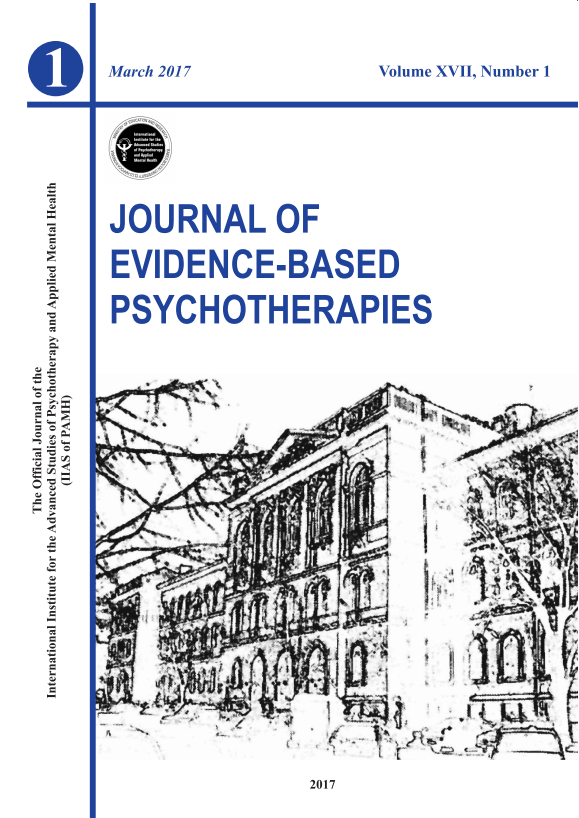oanadavid@psychology.ro
Cristina Tomoiagă1,2, Renata Gheorghiu1,2, Oana A. David1*
1 International Institute for Advanced Studies in Psychotherapy and Applied Mental Health, Babeș-Bolyai University, Cluj-Napoca, Romania
2 Evidence Based Psychological Assessment and Interventions Doctoral School, Babeș-Bolyai University, Cluj-Napoca, Romania
Abstract
The purpose of this study was to investigate the usability of a momentary ecological assessment app ‘MoodWheel’ in the student population. We explored MoodWheel’s usability through standardized measures for assessing app usability. In this study, 505 students (Mage = 19.33, SD = SD =1.80, min. 18 and max. 34) were instructed to use the app daily for an entire month and then complete the System Usability Scale. We then computed the total score including usability, learnability factors. Our results show a mean of 72.81, SD = 16.52 for the total score, indicating good usability of the MoodWheel app. The Learnability factor obtained a mean of 3.61, SD=.66 which is above average and the Usability factor obtained a mean of 2.91, SD =.66. The usability scale yielded above-average results. Considering recommendations from literature, we can affirm that the MoodWheel app demonstrates strong usability as an Ecological Momentary Assessment (EMA) app for evaluating mood that has the ability to accurately assess students’ levels of stress and overall mental health in the targeted population.
Keywords: Ecological Momentary Assessment; Emotions; Experience Sampling; Usability.
Please cite this article as: Tomoiagă, C., Gheorghiu, R., & David, O. A. (2024). USABILITY OF AN ECOLOGICAL MOMENTARY ASSESSMENT APP FOR MOOD EVALUATION IN YOUNG ADULTS – THE MOODWHEEL APP. Journal of Evidence-Based Psychotherapies, 24(1), 135-143.
DOI: 10.24193/jebp.2024.1.8
Published online: 2024/03/01
Published print: 2024/03/01
Full text – USABILITY OF AN ECOLOGICAL MOMENTARY ASSESSMENT APP FOR MOOD EVALUATION IN YOUNG ADULTS – THE MOODWHEEL APPDownload
